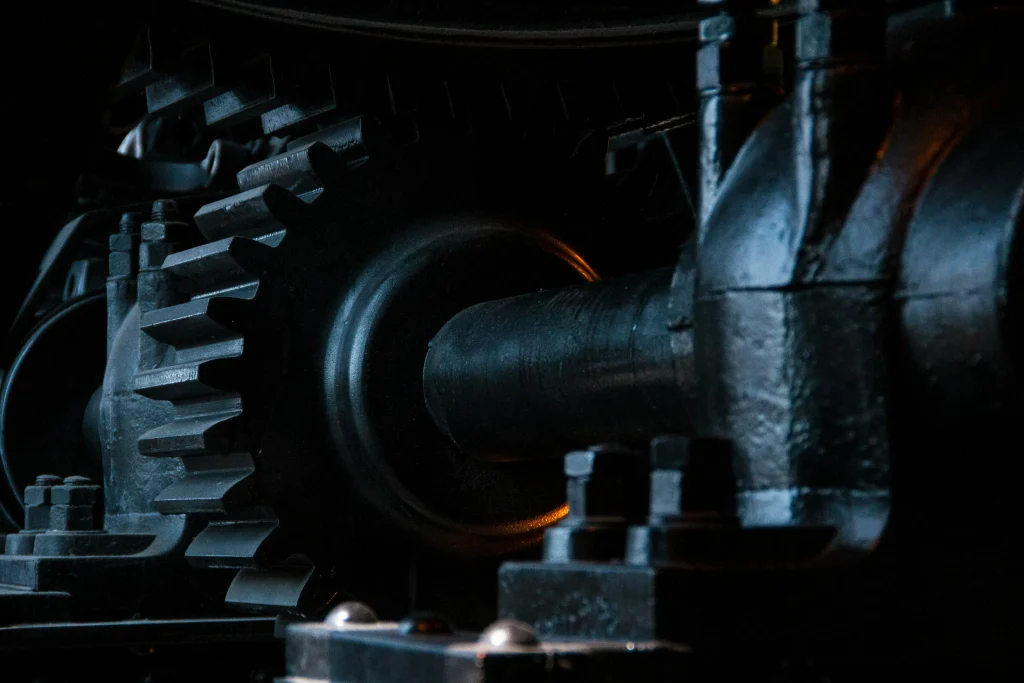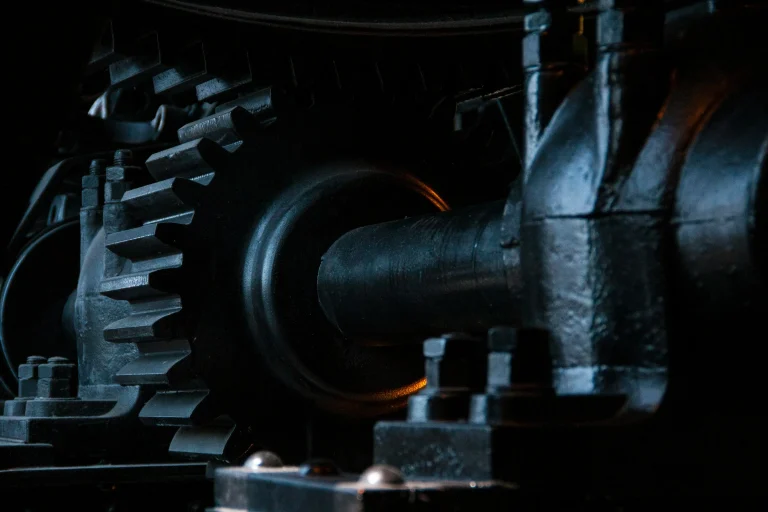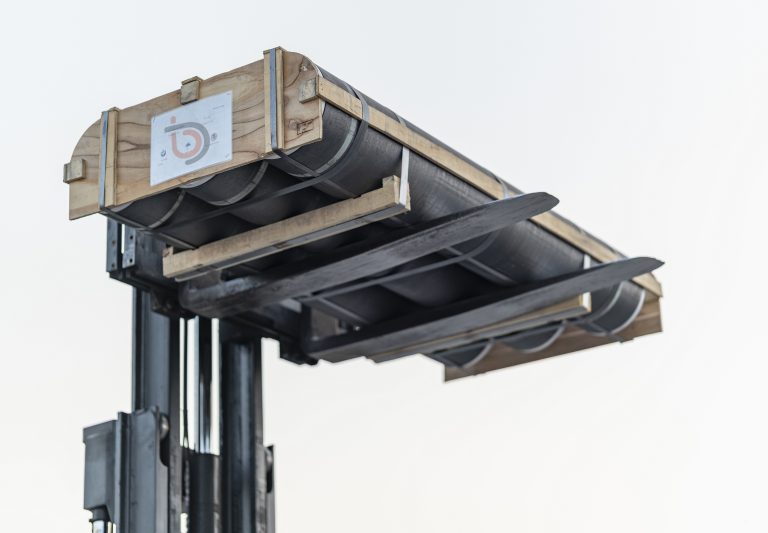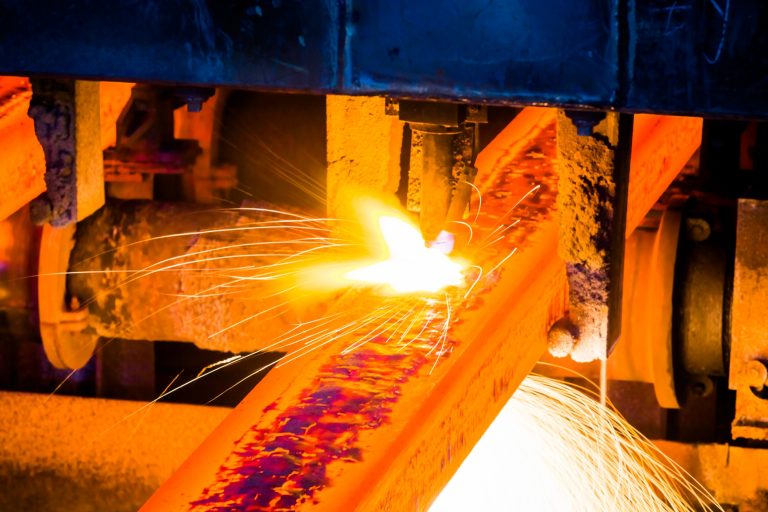Common Issues and Maintenance Tips for Graphite Electrodes
Tackling Common Graphite Electrode Issues in Steel Mills and Foundries
At Tramelt, we understand the pivotal role graphite electrodes play in the operations of steel mills and foundries. However, these essential components often face several challenges that can impact productivity and efficiency. Here, we delve into common issues with graphite electrodes and provide comprehensive solutions to help your business thrive.
1. Common Issues Faced by Steel Mills and Foundries
Breakage
Graphite electrodes are prone to breakage due to mechanical stress and improper handling. This can lead to significant downtime and increased operational costs.
Oxidation
Oxidation occurs when electrodes are exposed to high temperatures and oxygen, resulting in material degradation and reduced lifespan.
Graphite Flaking
Flaking is often a result of thermal cycling and mechanical wear, which can compromise the structural integrity of the electrodes.
2. Tips for Handling and Storing Graphite Electrodes
Proper handling and storage are crucial to maintaining the quality of graphite electrodes. Here are some expert tips from Tramelt:
- Use Proper Lifting Equipment: Always employ appropriate lifting tools to prevent stress fractures and breakage during transport.
- Avoid Dropping or Bumping: Handle electrodes with care to avoid physical damage that can lead to breakage or flaking.
- Keep Away from Moisture and Chemicals: Store electrodes in a dry, chemical-free environment to prevent oxidation and contamination.
3. The Importance of Regular Inspections
Routine inspections are vital to ensure the longevity and performance of graphite electrodes. Here’s what to look for:
- Surface Cracks: Small cracks can expand under high temperatures, leading to electrode failure.
- Porosity: Porous electrodes can absorb moisture and chemicals, accelerating wear.
- Erosion: Regularly check for signs of erosion to prevent unexpected breakdowns.
4. Cleaning and Maintenance Guidelines
Maintaining your graphite electrodes can significantly extend their lifespan. Follow these maintenance tips:
- Remove Excess Buildup or Debris: Clean electrodes regularly to avoid contamination that can affect performance.
- Repair Small Cracks or Chips: Address minor damages promptly to prevent them from worsening.
- Apply Protective Coatings: Use coatings to shield electrodes from oxidation and mechanical wear.
5. Troubleshooting Performance Issues
Even with the best practices, performance issues can arise. Here’s how to troubleshoot common problems:
- Poor Electrical Conductivity: Check for buildup or contamination that might be affecting conductivity.
- Uneven Wear: Ensure electrodes are aligned correctly and operating under optimal conditions.
- Excessive Consumption: Monitor usage patterns to identify and rectify inefficiencies in electrode use.
6. Best Practices for Optimizing Performance and Lifespan
To maximize the effectiveness and durability of your graphite electrodes, consider the following best practices:
- Choose the Appropriate Grade and Size: Select electrodes that match the specific requirements of your applications.
- Monitor Furnace Conditions: Regularly check and control furnace parameters to maintain ideal operating conditions.
- Minimize Excess Power or Heat: Avoid overloading your system to prevent unnecessary wear and tear on electrodes.







